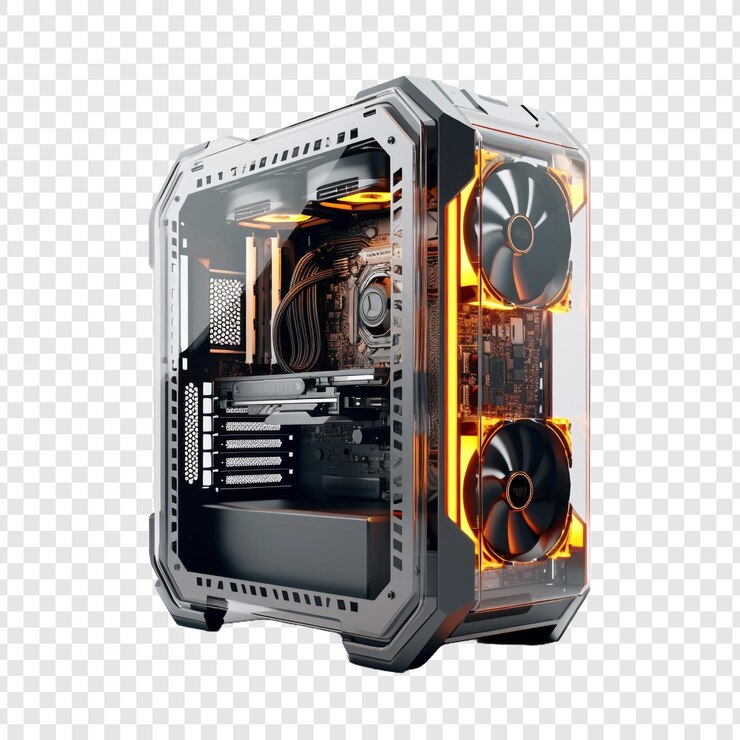The Ultimate Guide to Choosing the Best Gaming CPU
When it comes to building or upgrading your gaming setup, the CPU (Central Processing Unit) is a critical component that can make or break your experience. A well-chosen processor ensures smooth gameplay, quick load times, and the ability to handle demanding titles. Let’s dive into the key factors to consider when selecting the ideal gaming CPU.
Performance Metrics to Look For
- Clock Speed and Cores: The clock speed, measured in GHz, determines how quickly a CPU can execute tasks. For gaming, higher clock speeds generally translate to better performance. Additionally, modern games often benefit from multiple cores, as they can distribute tasks more efficiently. Aim for a CPU with at least four cores, but six or more is preferable for future-proofing your setup.
- Single-Threaded vs. Multi-Threaded Performance: Gaming primarily depends on single-threaded performance, where the CPU executes one thread of instructions at a time. However, for multitasking—like streaming while gaming—multi-threaded performance becomes equally important. Look for processors with strong capabilities in both areas.
- Compatibility with Graphics Card: Your CPU and GPU (Graphics Processing Unit) should complement each other. A weak CPU can bottleneck a high-performance GPU, limiting its potential. Research your GPU’s requirements and choose a CPU that can keep pace.
Popular CPU Options for Gamers
- Intel Core Series: The Intel Core i5 and i7 processors have been long-time favorites among gamers. Known for their reliability and speed, these CPUs offer excellent frame rates and smooth performance.
- AMD Ryzen Series: AMD’s Ryzen CPUs have gained a strong reputation for offering great value and multi-threaded performance. The Ryzen 5 and Ryzen 7 models are particularly popular for gaming enthusiasts who also engage in activities like video editing or streaming.
Overclocking and Thermal Management
Some gaming CPUs allow overclocking, a process that boosts the processor’s speed beyond its default settings. While this can provide a performance edge, it also generates additional heat. To manage this, invest in a high-quality cooling system—whether it’s an air or liquid cooler—to maintain stable temperatures and prolong the life of your components.
Budget Considerations
Your budget plays a significant role in determining the right CPU for your needs. Entry-level processors can handle many modern games at lower settings, while mid-range and high-end CPUs are better suited for enthusiasts looking to play the latest titles at high resolutions and frame rates.
Future-Proofing Your Build
As gaming technology evolves, game developers are creating titles that require more advanced hardware. Investing in a capable CPU now can save you from needing an upgrade in the near future. Opt for a processor with higher core counts and modern architecture to ensure it meets the demands of upcoming games.
Conclusion
Selecting the right gaming CPU involves balancing performance, compatibility, and budget. By understanding your gaming habits and future goals, you can choose a processor that enhances your overall gaming experience. Whether you’re building your first PC or upgrading an existing rig, the right CPU will be the backbone of your gaming adventures.
